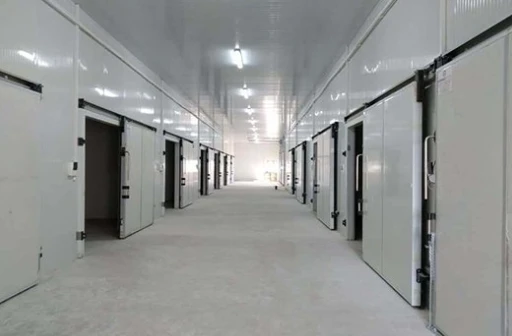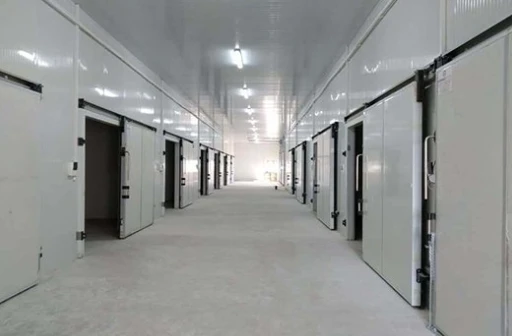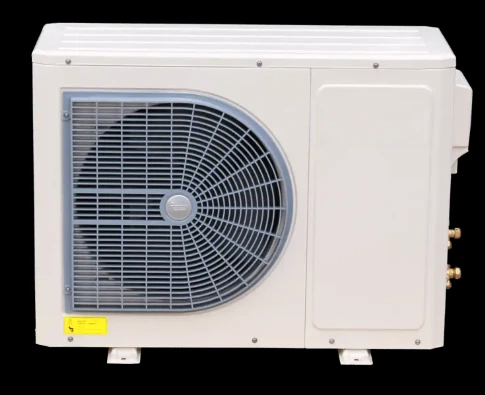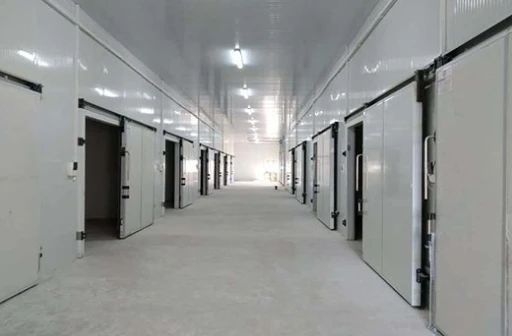Cold Comfort: Enhancing Quality and Safety with Cold Room Solutions
In industries where product quality and safety are paramount, cold room solutions offer a comforting assurance of preservation and protection. These temperature-controlled storage facilities play a crucial role in maintaining the freshness, integrity, and safety of perishable goods, ensuring that they meet rigorous standards from production to consumption. In this article, we explore how cold room solutions provide cold comfort by enhancing quality and safety across various sectors.
At the core of cold room solutions lies the ability to maintain precise temperature and humidity levels conducive to preserving perishable items. Whether it's fresh produce, pharmaceuticals, or biological samples, cold rooms provide the optimal environment to extend shelf life and prevent spoilage. By controlling temperature and humidity, cold room solutions uphold product quality and safety, ensuring that goods reach consumers in optimal condition.
One of the primary benefits of cold room solutions is their ability to inhibit the growth of harmful microorganisms such as bacteria, mold, and yeast. Low temperatures slow down the metabolic processes of these organisms, reducing the risk of contamination and foodborne illnesses. This is particularly critical in industries such as food and pharmaceuticals, where strict hygiene and safety standards must be upheld.
Furthermore, cold room solutions protect perishable goods from environmental factors such as light, moisture, and oxygen exposure. These elements can accelerate deterioration and compromise product quality over time. Cold rooms provide a controlled environment with minimal light exposure, low humidity levels, and oxygen-depleted air, preserving the freshness, flavor, and nutritional value of goods.
In addition to preserving product quality, cold room solutions also enhance safety by facilitating efficient inventory management and traceability. With advanced temperature monitoring and tracking systems, businesses can monitor the movement of products in and out of cold rooms, ensuring compliance with regulatory standards and quality control measures. This level of transparency and accountability is essential for safeguarding consumer health and building trust in the products.
Moreover, cold room solutions contribute to sustainability efforts by reducing food waste and minimizing energy consumption. By extending the shelf life of perishable goods, cold rooms help minimize the need for disposal and reduce the environmental impact of food production and distribution. Additionally, advancements in energy-efficient refrigeration systems and insulation materials further enhance the sustainability credentials of cold room solutions.
Cold room solutions offer cold comfort by enhancing quality and safety across various industries. From preserving product freshness and integrity to ensuring compliance with regulatory standards and reducing food waste, cold rooms play a crucial role in safeguarding consumer health and satisfaction. As industries continue to evolve and demand for temperature-controlled storage solutions grows, the importance of cold room solutions in enhancing quality and safety will only continue to rise.






